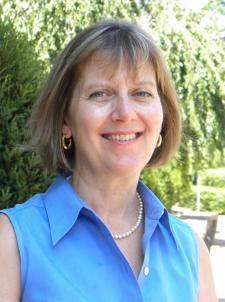When Choosing a College: How close to home is too close?
Posted on Mon, 12/16/2013 - 12:40
Jane Kulow joins us again this month to talk about a factor that is central to most students' decisions -- location, location, location. Read on to learn more about what happens when students decide to study close to home and Kulow's advice for making it work.
How close is too close when it comes to choosing a college -- for students and parents?
My husband drove our son, Pete—a second-year University of Virginia (UVa) student—back to college Sunday evening after Thanksgiving. The drive takes between ten and fifteen minutes, depending upon traffic. Meanwhile a Midwestern nephew drove a couple of hours back to his college in St. Louis, and our niece flew back to her college in Los Angeles from her home near Boston.













